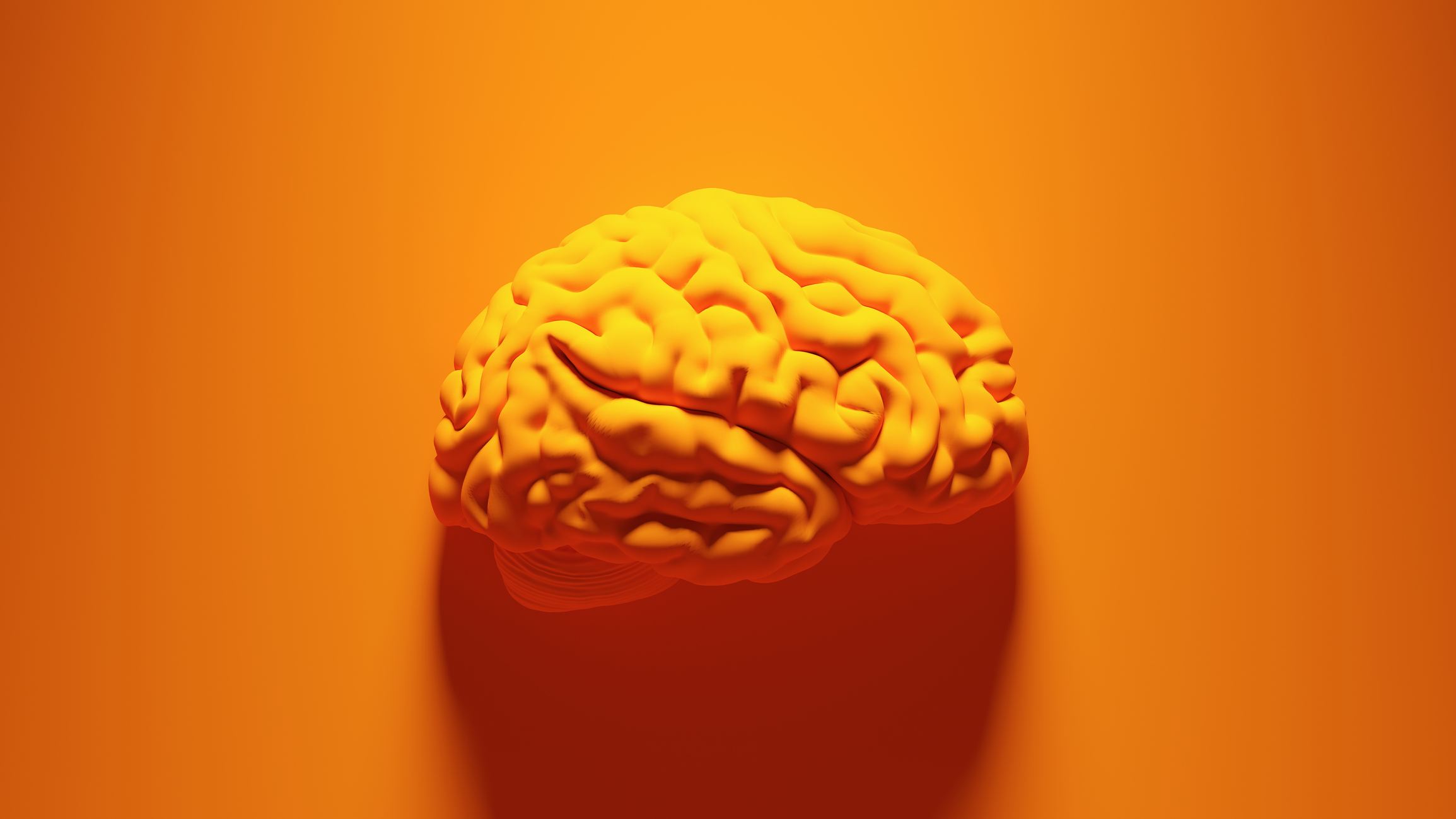Get Easy Health Digest™ in your inbox and don’t miss a thing when you subscribe today. Plus, get the free bonus report, Mother Nature’s Tips, Tricks and Remedies for Cholesterol, Blood Pressure & Blood Sugar as my way of saying welcome to the community!
Less salt, more bananas could save your memory

It’s common knowledge that a high-sodium diet puts you at risk for hypertension.
What’s less well-known is the effect that too much sodium can have on your brain.
Potassium, too, is important to brain function. In fact, a balance between these two minerals is crucial to keeping your brain healthy and functioning well as you age.
In a recent study, researchers have shown that when this balance is off, the damage that’s done can be irreversible…
Replacing sodium with potassium protects against dementia
China is not only home to the largest elderly population in the world, it’s also one of the fasting aging — and dementia poses a great health and socioeconomic threat.
It also presents a unique opportunity to examine the effects of a nutrient imbalance on the risks of developing dementia.
To that end, researchers examined levels of sodium and potassium in the diets, as well as the ratio of sodium to potassium — and how that balance (or imbalance) affects memory and brain function — in 4,213 adults aged 50 and over.
They based their results both on subjects’ self-reporting of diet and on cognitive testing.
Findings of the study show that eating more than around 5,560mg of sodium per day increased the risk of memory impairment.
On the other hand, adding potassium to the diet (a potassium intake of more than 1653mg a day) was associated with higher cognitive scores.
And replacing sodium with potassium had an even greater effect. The average cognitive test score increased by a full point when 1000mg of sodium each day was replaced by 1000mg of potassium.
Potassium does triple duty in protecting the brain
So why does potassium have such a positive effect on cognitive functioning?
The answer is threefold.
First, potassium helps rid the body of excess sodium. The more potassium you eat, the more sodium you process out of the body.
Second, potassium helps relax blood vessel walls, which supports blood flow to the brain.
And third, potassium is crucial for the transmission of electrical signals in the brain. These signals travel through channels that are “opened” and “closed” by potassium. Memory loss and confusion are common signs of a lack of potassium.
Finding your potassium/sodium balance
It’s not really difficult to maintain a good sodium-to-potassium balance in your diet.
There are a few keys to staying away from sodium:
Avoid processed foods. Ultra-processed foods like packaged soups, chicken nuggets and soft drinks are full of sodium.
Read food labels. Even “good for you” foods like packaged bread and cheese contain a good deal of sodium.
Use fresh cuts of meat instead of processed. Fresh cuts of chicken, beef, or pork contain natural sodium, but things like bacon or sausage contain added sodium as well. If it can keep in the fridge for days, that’s a tip-off that the sodium content is too high.
Choose fresh fruit and vegetables. When buying frozen, choose “fresh frozen.” Read the ingredients, and avoid those with added seasoning or sauces, which are full of salt.
Use other seasonings. Cooking without salt is easy when you use fresh and natural herbs and spices to season your dishes.
And as far as getting more potassium into your diet, there are lots of good options:
- Dried fruits (raisins, apricots)
- Beans, lentils
- Potatoes
- Winter squash (acorn, butternut)
- Spinach, broccoli
- Beet greens
- Avocado
- Bananas
- Cantaloupe
- Oranges, orange juice
- Coconut water
- Tomatoes
- Dairy and plant milks (soy, almond)
- Yogurt
- Cashews, almonds
- Chicken
- Salmon
Editor’s note: While you’re doing all the right things to protect your brain as you age, make sure you don’t make the mistake 38 million Americans do every day — by taking a drug that robs them of an essential brain nutrient! Click here to discover the truth about the Cholesterol Super-Brain!
Sources:
Consuming a high sodium, low potassium diet can increase the risk of cognitive decline Eureka Alert
Surprising findings on how salt affects blood flow in the brain Science Daily
A Primer on Potassium American Heart Association
Potassium and memory SF Gate
Potassium Harvard T.H. Chan School of Public Health














